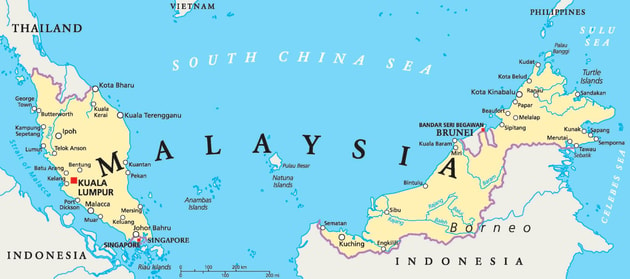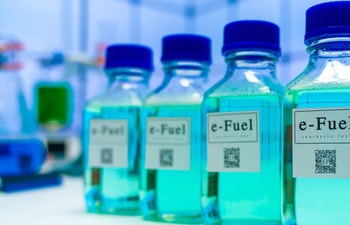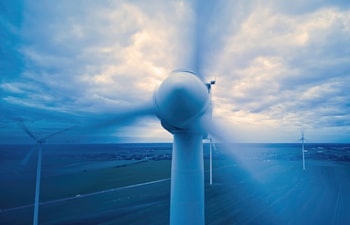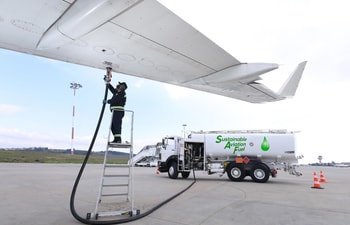Major oil and gas firm Petronas has teamed up with ADONOC and Storegga to assess carbon dioxide (CO2) storage opportunities in Malaysia, including the potential construction of multiple carbon capture and storage (CCS) plants.
The trio will specifically place a focus on the Penyu basin, offshore Peninsular Malaysia. Here, the group will explore CO2 emissions storage capabilities of saline aquifers, geological formations consisting of water permeable rocks that are saturated with salt water, called brine[1].
It is thought that Malaysia’s deep saline aquifer reservoirs should allow for the development of large-scale, permanent CO2 storage solutions.
A goal to capture at least five million tonnes per annum of CO2 emissions by 2030 has been set by the trio.
Nora’in Md Salleh, CEO of Petronas CCS Solutions, said the strategic partnership aligns with the company’s overarching goal of establishing Malaysia as a regional CCS hub to serve Asia Pacific.
He also notes the potential that could come from the Malaysia-UAE collaboration.
“Malaysia is interested in intensifying bilateral economic partnerships with the UAE within the Malaysia-UAE joint committee for cooperation (JCC) framework,” he said.
Petronas is a member of Malaysia’s National Energy Transition Roadmap (NETR) Committee, which has identified CCS as one of six energy transition levers for the country to sustainable, low-carbon, and resilient.
The Malaysian Government is set to table a standalone CCUS bill by the end of 2024.
As a first step, in 2023, the Malaysian Government proposed a tax incentive for CCS to limit CO2 emissions using CCS technologies while ensuring the achievement of the Low Carbon Nation Aspiration by 2040[2].
To the partnership, Storegga brings a wealth of experience related to CCS and was a first movers when CCS was at its infancy stage. The company currently has CCS project under development in the US, Norway and the US.
ADNOC has also expressed an increased interest in CCS recently. The company has announced plans to expand its CCS capacity through multiple projects, aiming to reach a total of five million tonnes of CO2 capture per year by 2030.
The success of this initiative will lay the foundations for a regional CCS hub serving both domestic and international emitters.






